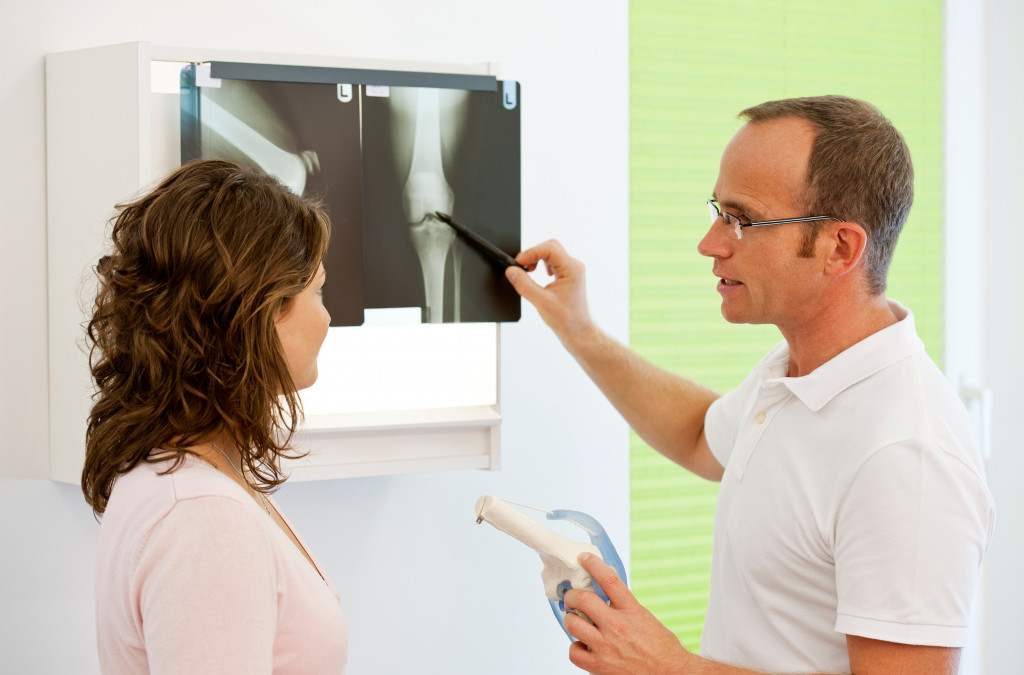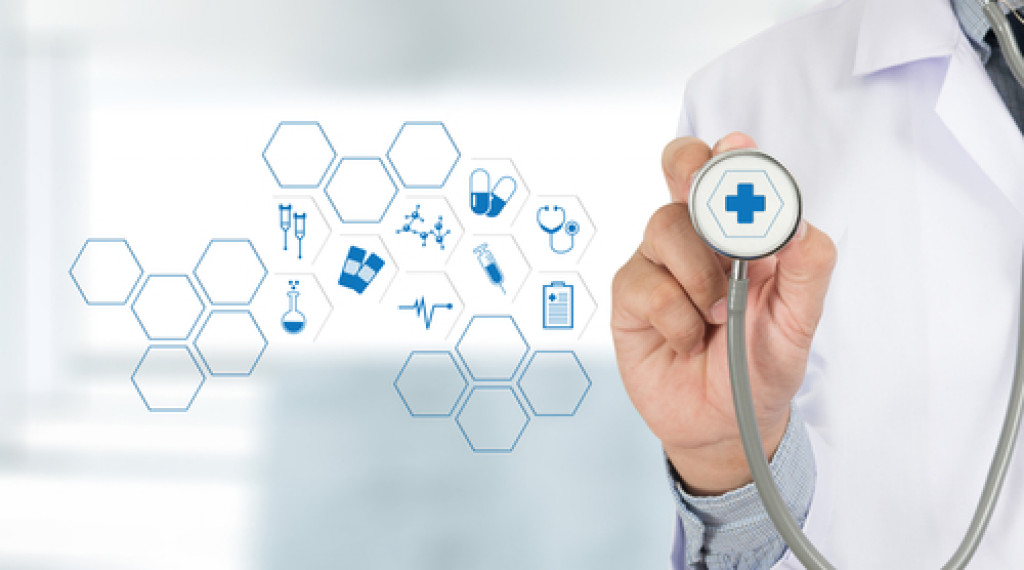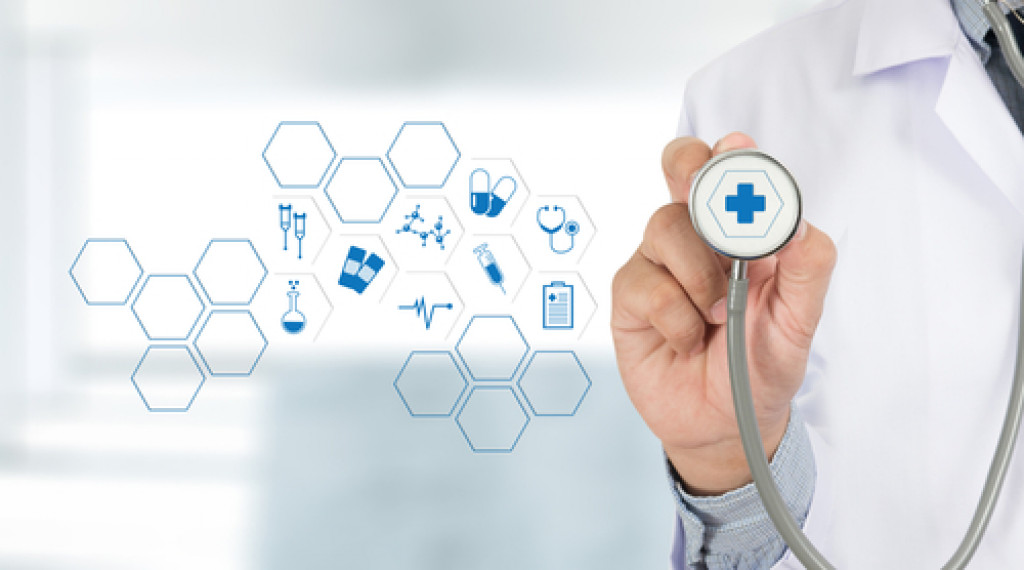- The healthcare industry is constantly evolving and offers a fulfilling career path.
- Continuous learning, effective communication, and cultivating empathy are crucial to succeed.
- Prioritizing self-care is essential for your physical and emotional well-being.
- Being ready for emergencies is important, and regular participation in mock drills, acquiring advanced first aid and CPR certifications are key.
- By implementing these tips, you can excel in your career and positively impact people’s lives daily.
The healthcare industry offers a fulfilling career path, allowing you to make a difference in people’s lives daily. However, thriving in this sector requires more than just medical knowledge. It demands continuous learning, excellent communication skills, empathy, self-care, and preparedness for unforeseen situations. This guide will provide five actionable tips to succeed in the healthcare industry.
1. Commitment to Continuous Learning
In the ever-evolving healthcare field, keeping up-to-date with the latest research, treatment methods, and technology is crucial. This is where your commitment to continuous learning comes in.
Make it a point to read medical journals, attend relevant seminars, and engage in professional workshops. This will enhance your knowledge base, keeping you at the forefront of advancements in your field.
Additionally, taking up further certifications like a professional first aid course can be highly beneficial. Such courses boost your professional credibility and equip you with essential skills to handle emergencies effectively, making you an invaluable asset to your healthcare team.
2. Mastering Communication Skills

Effective communication forms the backbone of successful healthcare delivery. It ensures clear and accurate information exchange between you, your colleagues, and your patients.
With patients, it’s about explaining their health conditions and treatment plans in a manner they understand, answering their queries patiently, and offering reassurance when needed.
As for your colleagues, effective communication ensures seamless coordination and collaboration, fostering a more efficient and harmonious working environment.
3. Cultivating Empathy and Compassion
As a healthcare professional, you’ll often deal with people in distress. Hence, empathy and compassion are key qualities to cultivate.
Understanding and acknowledging your patients’ feelings can help alleviate their worries and foster a sense of trust. Remember, a kind word or a patient ear can sometimes be as healing as medicine.
Similarly, extend empathy and understanding to your colleagues. The healthcare environment can be stressful, and compassion goes a long way in creating a supportive work culture.
4. Prioritizing Self-Care

While your job revolves around caring for others, it’s equally important to care for yourself. Working in healthcare can be physically demanding and emotionally draining, making self-care essential.
Maintain a balanced diet, ensure adequate sleep, and exercise regularly to maintain energy levels. Also, find stress management techniques that work for you, like meditation, yoga, or simply pursuing a hobby.
Remember, you can’t pour from an empty cup. Your well-being is vital to your capacity to provide effective patient care.
5. Being Ready for Emergencies
Emergencies are part and parcel of the healthcare industry. Preparedness for such situations can make a world of difference in patient outcomes.
Familiarize yourself with your institution’s emergency protocols. Know what to do and who to contact in emergencies, ensuring a swift and effective response.
Here are tips to be ready for emergencies:
Regularly Participate in Mock Drills
Mock drills play a crucial role in emergency preparedness. They simulate real-life emergency scenarios, allowing healthcare professionals to test the effectiveness of emergency protocols and identify areas for improvement. By actively participating in these drills regularly, you can become more familiar with evacuation procedures, the use of emergency equipment, and crisis communication systems. This familiarity enhances your readiness to handle emergencies with confidence and efficiency.
Acquire Advanced First Aid and CPR Certifications
Advanced First Aid and CPR certifications are indispensable for healthcare professionals, providing them with the necessary skills to respond effectively in emergencies. These comprehensive courses offer training in essential life-saving techniques crucial for saving lives. Regularly updating these certifications ensures you are equipped with the most current practices and protocols, enabling you to handle emergencies and provide the best possible care.
Invest in Personal Protective Equipment (PPE)
Personal protective equipment (PPE) is your armor in healthcare, especially during emergencies. It includes gloves, masks, and eye protection, safeguarding against infections and injuries. Understanding the correct usage and disposal of PPE is vital to ensure your safety as well as the safety of your patients. Investing in quality PPE and staying updated on the proper procedures can protect yourself and provide optimal care to those in need.
Continuously Strengthen Your Emotional Resilience
Emergencies can take an emotional toll on healthcare providers. Cultivating emotional resilience is essential for maintaining your well-being and ability to perform effectively during high-stress situations. Mindfulness meditation and cognitive-behavioral techniques can help you manage stress, stay calm, and think clearly. Additionally, seeking support from mental health professionals and engaging in self-care activities can further strengthen your emotional resilience.
In Summary
Working in the healthcare industry can be challenging, but it’s also deeply rewarding. By embracing continuous learning, honing your communication skills, cultivating empathy, prioritizing self-care, and being prepared for emergencies, you can navigate these challenges and excel in your career. Remember, every day offers an opportunity to learn, grow, and positively impact someone’s life.

